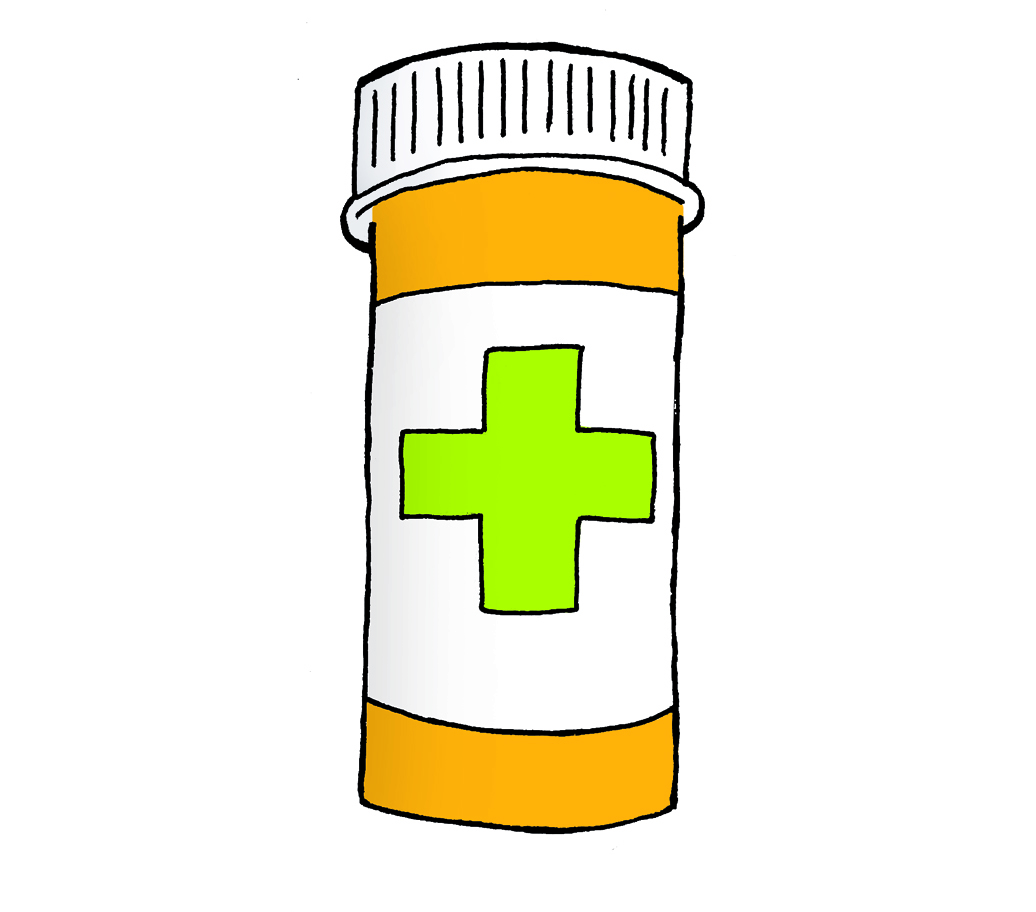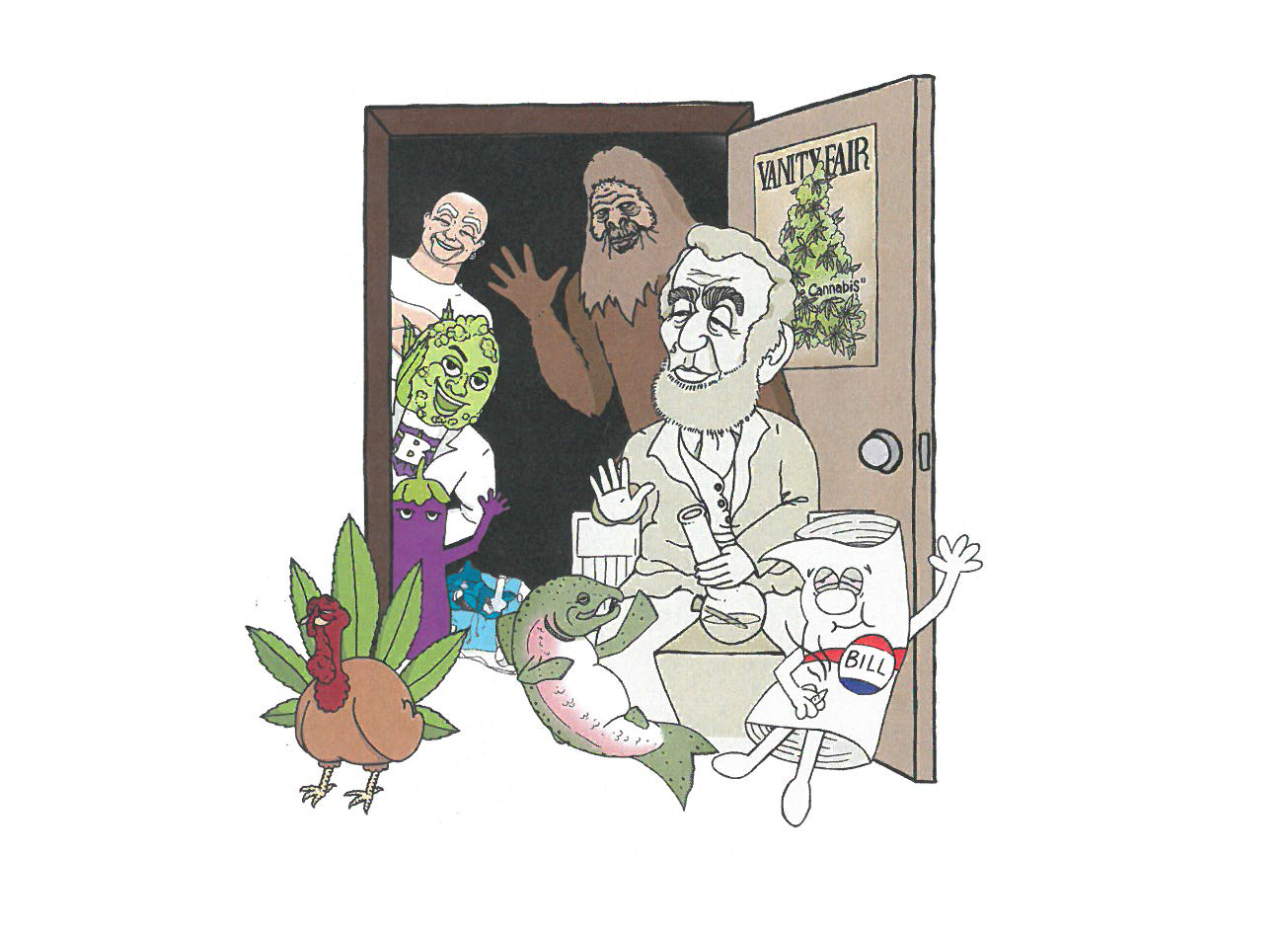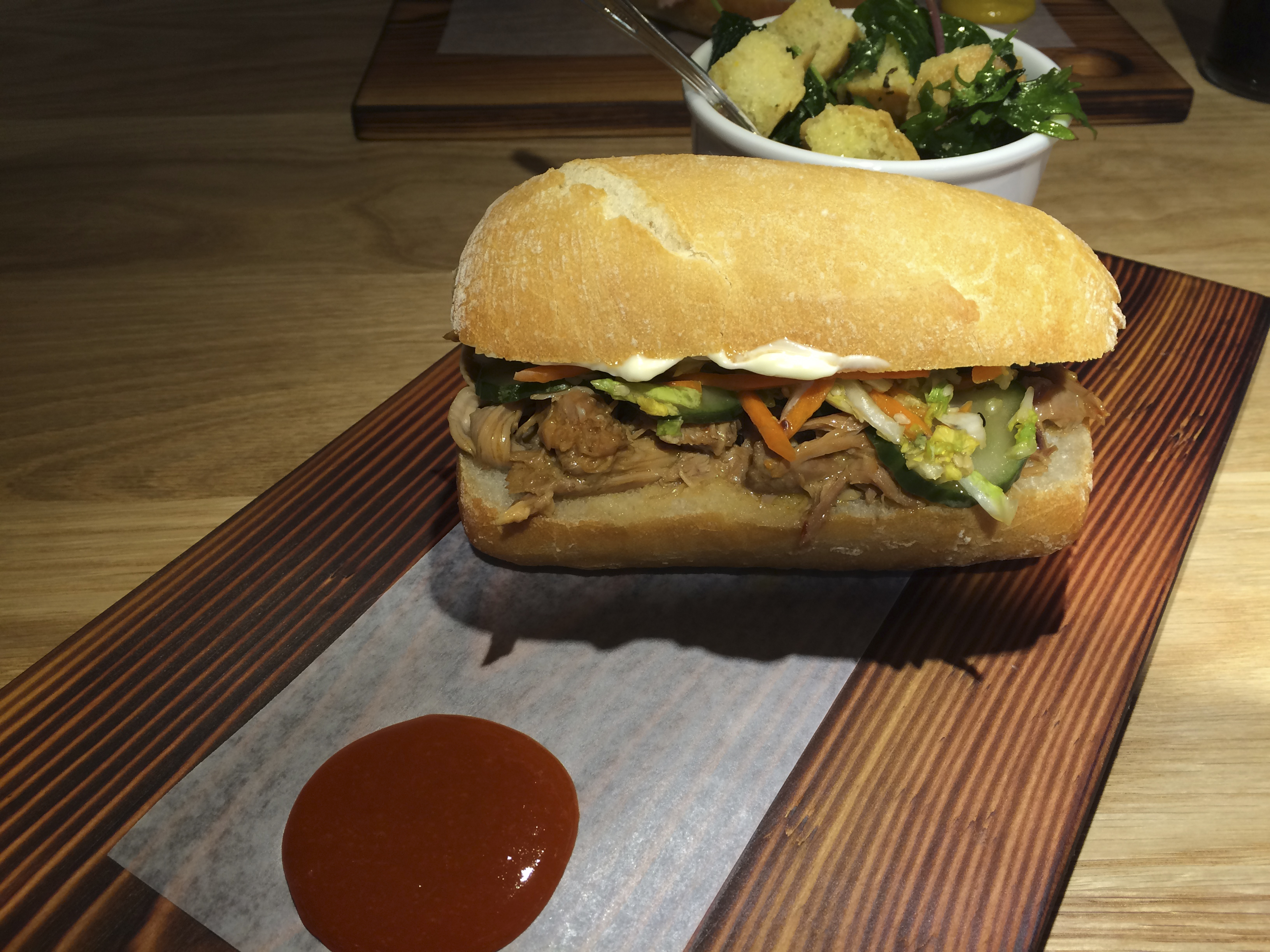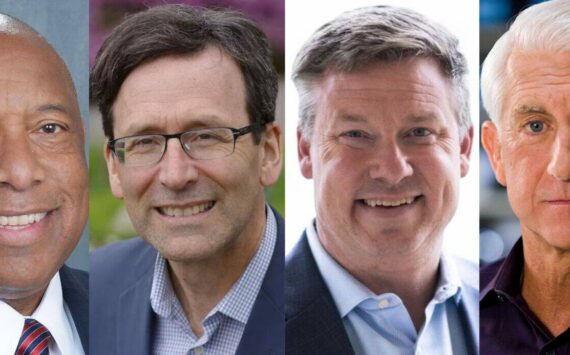When the team behind Initiative 502 wrote their marijuana law, they left the already well-established medical dispensaries and collective gardens out of the equation, assuming they’d be dealt with at a later date. Well, they were dealt with, all right—last week the Governor signed a bill to eliminate both entirely.
Lawmakers in Olympia had been looking to overhaul the parallel medical- and recreational-marijuana systems, and agreed on a bill (from hell) that will close each and every medical-marijuana dispensary. I’m not going to get all policy-wonky on this and lose my audience in the third sentence. (Still with me?) So lemme just break this down with one simple point:
For millions of Americans, marijuana is medicine. But most of us are not paying attention to this devastating legislative boondoggle, because—for most of us—cannabis is not stopping our seizures, halting our cancers, or helping to ease our chronic pain.
Yes, hundreds of storefronts are currently posing as medicinal dispensaries. And those false fronts are mucking up the legal retail system ushered in by I-502, which is designed to sell weed and collect taxes on said chronic. Still, that’s no excuse to derail a long-established collective that heals and soothes the masses. The problem of rogue green-cross clowns and overgrown gardens can be fixed without eliminating the main source of medicine for a community that’s been the very engine that started the GreenRush in the first place.
BuzzKill Bill 5052 has eliminated every non-I-502 store and suddenly tasked an already overwhelmed state Liquor (and now Cannabis) Control Board with evaluating and licensing a handful of medical dispensaries beginning in July 2016. But while dispensaries linger in the LCB Waiting Room, what might individuals with real medical needs do, exactly? Go back to Big Pharma and the addictive opiates that many of them have kicked by turning to cannabis? And what about those in rural areas that have banned marijuana entirely? Will Grandma with glaucoma get in her wagon and drive from Black Diamond to obtain her organic medicine?
Those on the outside might think patients can simply obtain their meds at a recreational store. But I-502 shops are not set up for—and do not meet the needs of—medical patients. Rec stores sell high-THC products for folks like me who want to get high as a kite for pure fun. As for lower-THC products, low-dose edibles, and specially formulated cannabidiol tinctures, not so much. Just as you wouldn’t send a patient to talk to a bartender about pain relief, your average budtender doesn’t have the hard-earned knowledge of proprietors at medical dispensaries, many of whom have been working hand-in-hand with farmers and MMJ companies since passage of the Medical Use of Marijuana Initiative in 1998.
Different patients use different products to alleviate their suffering: elixirs, cannabis juices, topicals, CBD oils, suppositories, and particular strains that have been fine-tuned, tested, and refined over a period of years. Safe access to thousands of these unique products will no longer be available—because rec stores won’t stock them. Why would they, when Bubba Kush and Sour Diesel are flying off the shelves? And the common practice of medical dispensaries giving marijuana to low-income patients? Not. Gonna. Happen. In fact, the new law slaps a 30 percent excise tax on medical sales.
There’s also a not-so-little legal problem. Bill 5052 mandates that in order for medical patients to receive their marijuana allotment (which has been lowered from 24 ounces to three), they must “voluntarily” put their names on a registry or database. The patient registry forces them to admit to a federal felony—not a great choice for anyone who is interested in holding public office, in a custody dispute, or applying for a job that employs background checks. And I’m no lawyer, but folks a lot smarter than me have pointed out that turning medical-marijuana regulations and oversight over to a Liquor Control Board is probably in violation of a whole lotta laws on the books at both the Food and Drug Administration and Department of Justice, not to mention that the registry is in clear violation of federal HIPAA laws.
One thing is for sure: Individuals and families being aided by cannabis are not going to go away just because we passed some dimwitted bill that eliminates their medical access. As you or I would, they’ll do whatever it takes to remain healthy. They will operate underground, thrive in the black market, and risk prison to produce and distribute medicine to their veteran husbands, elderly parents, debilitated wives, and seizing children.
Our Grand Cannabis Experiment does need to be tinkered with, but not at the expense of the medical community. If we’re going to do this right, unlike the federal government, we must acknowledge and respect that cannabis is used to truly heal our loved ones in a myriad of ways for a plethora of ailments. To herd patients into pot stores, take away their choices, eliminate their ability to speak to medical professionals in a safe environment, and force them to sign a registry admitting that they are felons? That’s not compassionate care, and it’s not what true legalization should look like.
For more Higher Ground, visit highergroundtv.com.








